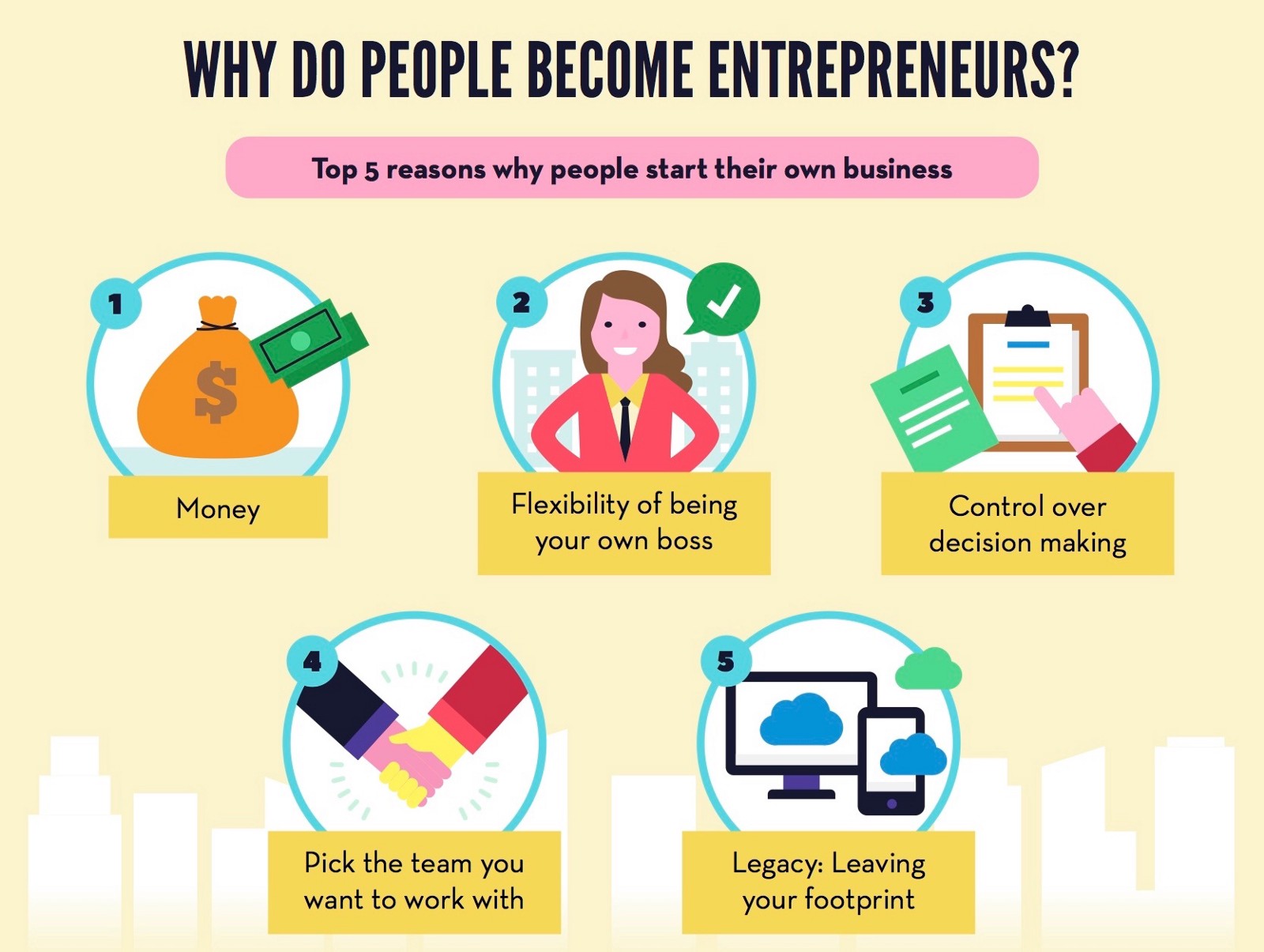Can Anyone Start Their Own Business

The allure of entrepreneurship, of striking out on one's own and building something from the ground up, is a powerful force. But beneath the surface of inspiring success stories lies a complex reality. The question remains: can anyone truly start their own business and succeed?
This article delves into the multifaceted aspects of business ownership, examining the skills, resources, and systemic factors that influence entrepreneurial success. It explores the common misconceptions, the barriers to entry, and the support systems that can empower individuals to turn their dreams into viable ventures. The goal is to provide a realistic assessment of the entrepreneurial landscape, offering insights for those contemplating taking the leap.
The Myth of the "Born Entrepreneur"
There's a common misconception that entrepreneurs are born with inherent qualities that guarantee success. This idea often overshadows the vital role of learned skills and acquired knowledge.
Research from the Small Business Administration (SBA) consistently highlights the importance of business training and mentorship programs. These programs provide aspiring entrepreneurs with the foundational knowledge needed to navigate the complexities of running a business.
Furthermore, access to networks and resources, rather than innate talent alone, significantly impacts a venture's chances of survival.
Barriers to Entry: More Than Just a Good Idea
While a brilliant idea is a crucial starting point, it's far from the only requirement. Several significant barriers can hinder individuals from launching successful businesses.
One of the most substantial barriers is access to capital. Securing funding through loans, investors, or grants can be particularly challenging for those from underrepresented backgrounds or without existing wealth.
A 2023 report by the Federal Reserve found that minority-owned businesses face higher loan rejection rates and receive smaller loan amounts compared to their white counterparts. This disparity underscores the systemic inequalities in access to financial resources.
Regulatory Hurdles and Bureaucracy
Navigating the complex web of regulations, permits, and licenses can be a daunting task for new entrepreneurs. The bureaucratic processes can be time-consuming and expensive.
This burden often falls disproportionately on small businesses, diverting their focus from core operations. Streamlining these processes and providing clear guidance is essential for fostering a more inclusive entrepreneurial ecosystem.
The Importance of Support Systems
Building a business is rarely a solitary endeavor. Strong support systems can significantly increase an entrepreneur's chances of success.
Mentorship programs, business incubators, and co-working spaces provide valuable resources and networks. These platforms offer guidance, peer support, and access to potential investors.
According to the Kauffman Foundation, entrepreneurs who participate in mentorship programs are more likely to report higher revenue and job growth.
Government initiatives, such as the SBA's resource partners, also play a crucial role in providing training, counseling, and access to capital.
Essential Skills and Mindset
While formal education and training are valuable, certain skills and a resilient mindset are equally important for entrepreneurial success.
Adaptability, problem-solving, and effective communication are essential for navigating the ever-changing business landscape. Entrepreneurs must be willing to learn from their mistakes and adapt their strategies accordingly.
Furthermore, a strong work ethic, perseverance, and the ability to manage risk are crucial for overcoming challenges and achieving long-term goals.
The Future of Entrepreneurship: Inclusivity and Innovation
The future of entrepreneurship hinges on creating a more inclusive and equitable ecosystem that empowers individuals from all backgrounds to pursue their dreams. This requires addressing systemic barriers, promoting access to resources, and fostering a culture of innovation.
Initiatives aimed at supporting women-owned, minority-owned, and veteran-owned businesses are crucial for diversifying the entrepreneurial landscape and creating more economic opportunities.
Technology will also play a significant role in shaping the future of entrepreneurship. Online platforms, e-commerce tools, and digital marketing strategies are leveling the playing field, enabling small businesses to reach a wider audience and compete with larger corporations.
Ultimately, while not everyone may be destined to become a successful entrepreneur, the opportunity to start a business should be accessible to all. By fostering a supportive and inclusive environment, we can empower individuals to pursue their passions, create jobs, and drive economic growth.




![Can Anyone Start Their Own Business How to Start a Business: A Startup Guide for Entrepreneurs [Template]](https://blog.hubspot.com/hs-fs/hubfs/tips-for-starting-a-business.png?width=1125&name=tips-for-starting-a-business.png)


![Can Anyone Start Their Own Business 10 Tips for Starting your Own Business [ Must Watch ] - YouTube](https://i.ytimg.com/vi/wxyGeUkPYFM/maxresdefault.jpg)

![Can Anyone Start Their Own Business How to Start a Small Business in 13 Steps [2024 Guide] - Step By Step](https://stepbystepbusiness.com/wp-content/uploads/2022/01/How-to-Start-a-Business_Challenges-1.jpg)








